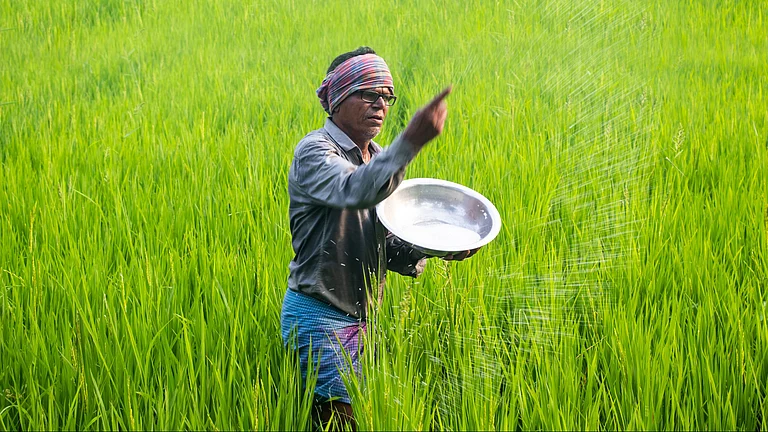For most part of the year inflation remained above the Reserve Bank of India's tolerance level of 6 per cent before falling below RBI's upper end of the band in November. In April, retail inflation had touched an eight-year high of 7.8 per cent on a y-o-y basis, driven by escalating global commodity prices. This was the highest inflation noted since May 2014 prompting the government to implement supply side measures to combat high prices.
In order to control the spiraling inflation, the government regulated exports of wheat, rice, and sugar, cutting excise duty on fuel, removing import duties on edible oil, increasing fertilizer and LPG subsidies, imposing export tariffs on petroleum, iron and steel exports, and a windfall tax on crude oil and some refinery products.
Meanwhile, to address the issue of high inflation, industry body FICCI, in its Pre-Budget Memorandum suggested that government should set up a Food Inflation Response and Strategy Team (FIRST) to create an e-enabled, empowered coordination framework which can work with and across multiple key governmental agencies, to proactively address food inflation through logistical strategies in the short term.
"In the long-term learnings must be captured to form the basis of agricultural production and distribution planning for supply side management of inflation," FICCI said.
The industry body has also suggested that the government should give special green permits for transportation of perishable items swiftly across borders with minimal inspections.
"Accord Special Green Permits for Perishables a special status for transport of perishables and special green permits can be given to move perishables swiftly across state borders with minimal inspections. Bank guarantees could be obtained from companies operating vehicles with green permits in order to ensure that green permits are not misused," FICCI said.
It has also called for inclusion of petroleum and natural gas products under the ambit of Goods and Services Tax (GST).
"Until the time petroleum products are brought within GST net, suitable amendment in the excise laws be made to allow credit of GST paid on inputs/input services and capital goods against payment of excise duty to the manufacturers of petroleum products," FICCI added.
































